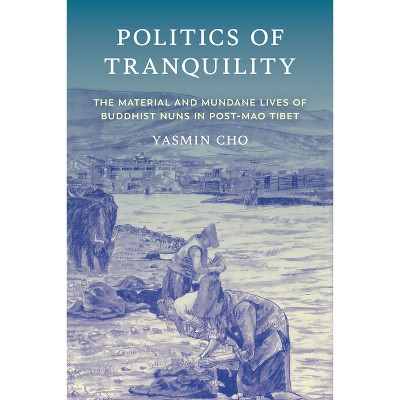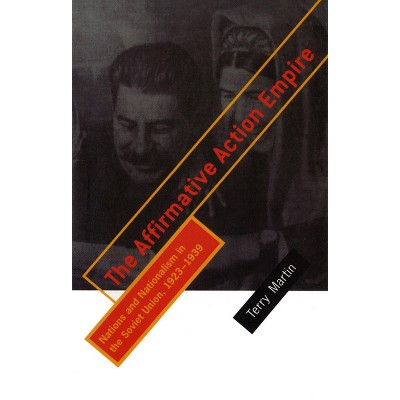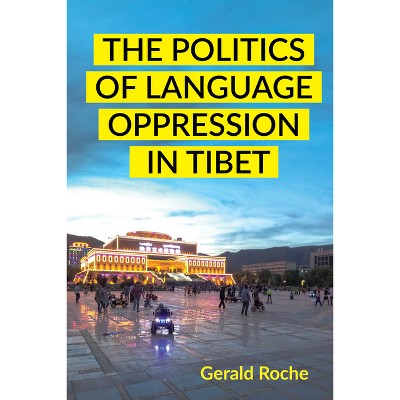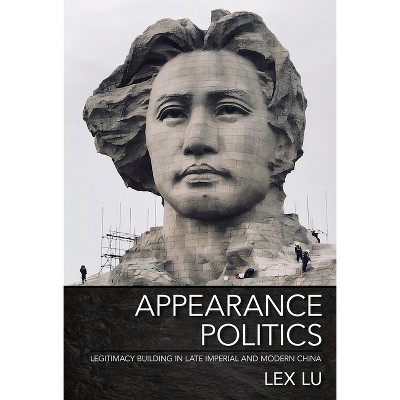About this item
Highlights
- The Ecosystem of Exile Politics relays the events in Bhutan that led to the exodus of one-sixth of the population, and then recounts the activism by Bhutan's refugee diaspora that followed in response.
- About the Author: Susan Banki is an Associate Professor at the University of Sydney.
- 186 Pages
- Political Science, World
Description
About the Book
"The first in-depth examination of homeland activism as carried out by Bhutan's refugee diaspora over more than three decades. By examining the advantages and disadvantages of physical proximity, this book will add to our theoretical understanding of exile politics and to our empirical understanding of Bhutan and its refugee population"-- Provided by publisher.Book Synopsis
The Ecosystem of Exile Politics relays the events in Bhutan that led to the exodus of one-sixth of the population, and then recounts the activism by Bhutan's refugee diaspora that followed in response. Susan Banki asserts that activism functions like a physical ecosystem, in which hubs of activism in different locations interact to pressure the home country.
For Bhutan's refugee mobilizers, physical proximity offers advantages in Nepal and India, where organizing protests, lobbying, and collecting information about government abuse in Bhutan is aided by being close to the homeland. But in an ecosystem of exile politics, proximity is both a boon and a bane. Sites proximate to Bhutan can be spaces of risk and disempowerment, and refugee activists rarely secure legal, political, and social protection. While distant diasporas in the Global North may not be in precarious situations, they cannot tap into the advantages of proximity. In examining these phenomena, The Ecosystem of Exile Politics adds to theoretical understandings of exile politics and to empirical research on Bhutan and its refugee population.
About the Author
Susan Banki is an Associate Professor at the University of Sydney. She focuses on human rights/social justice issues in the Asia-Pacific region.












